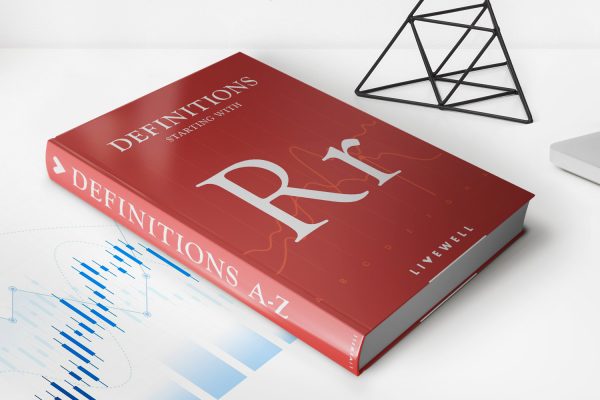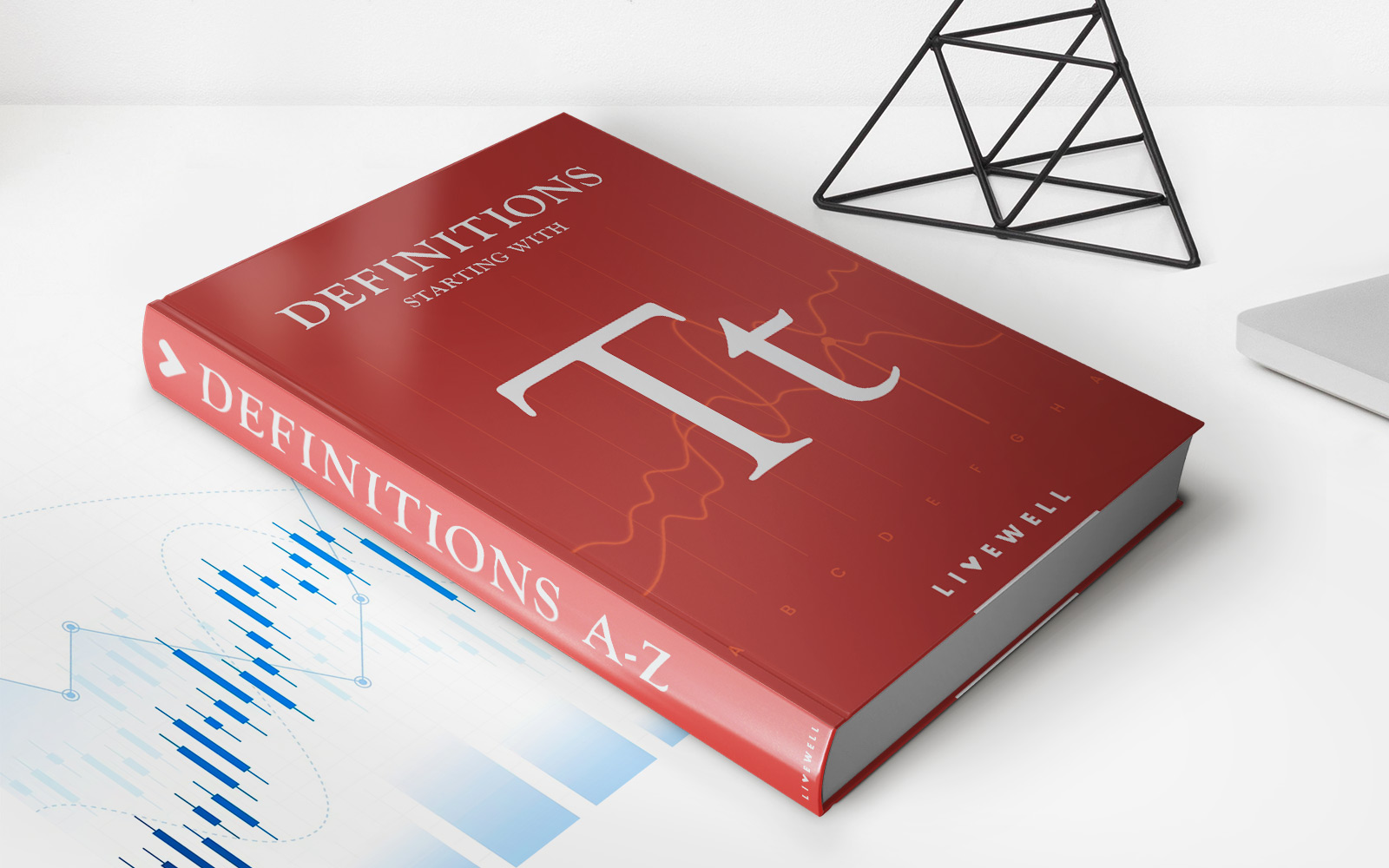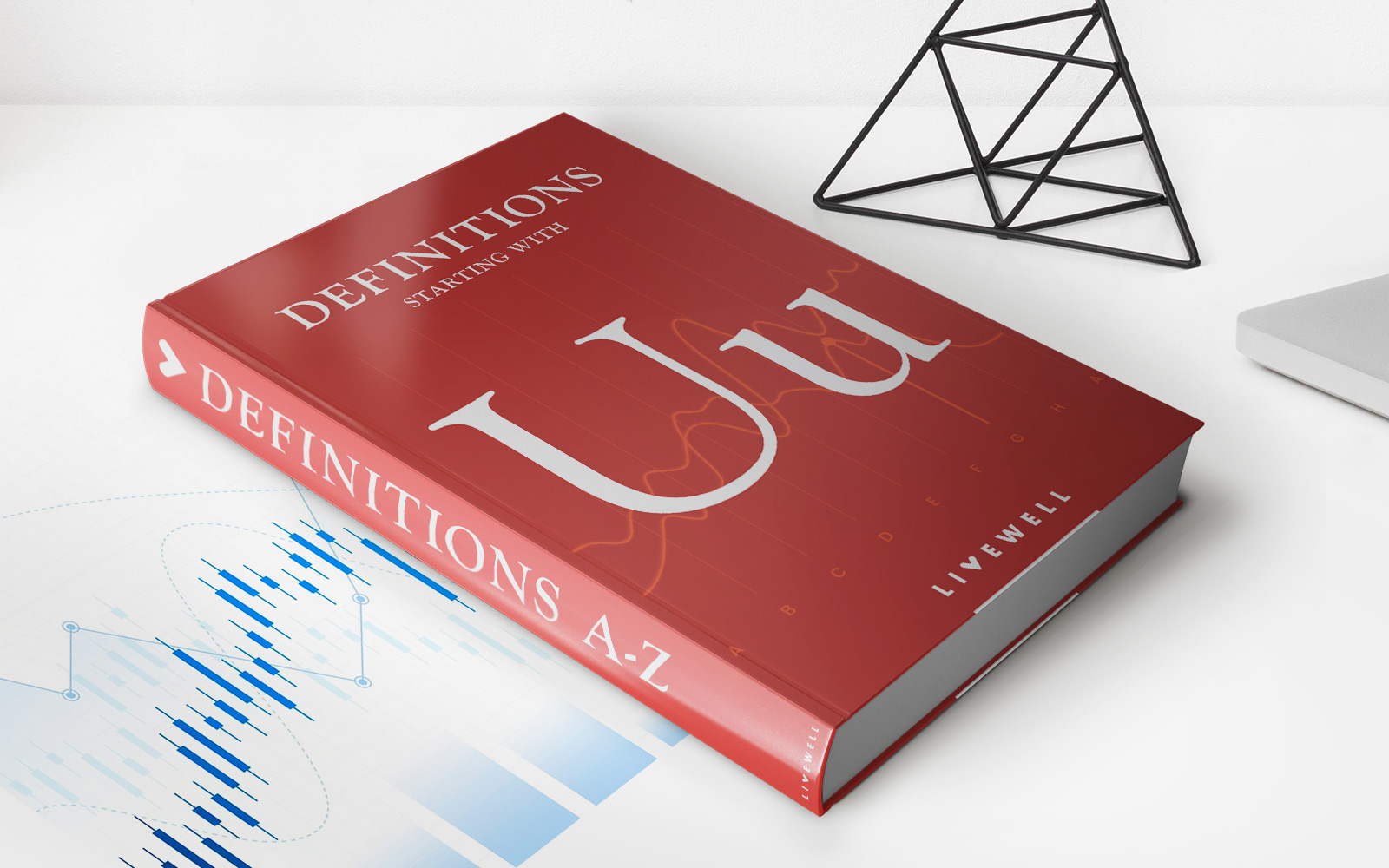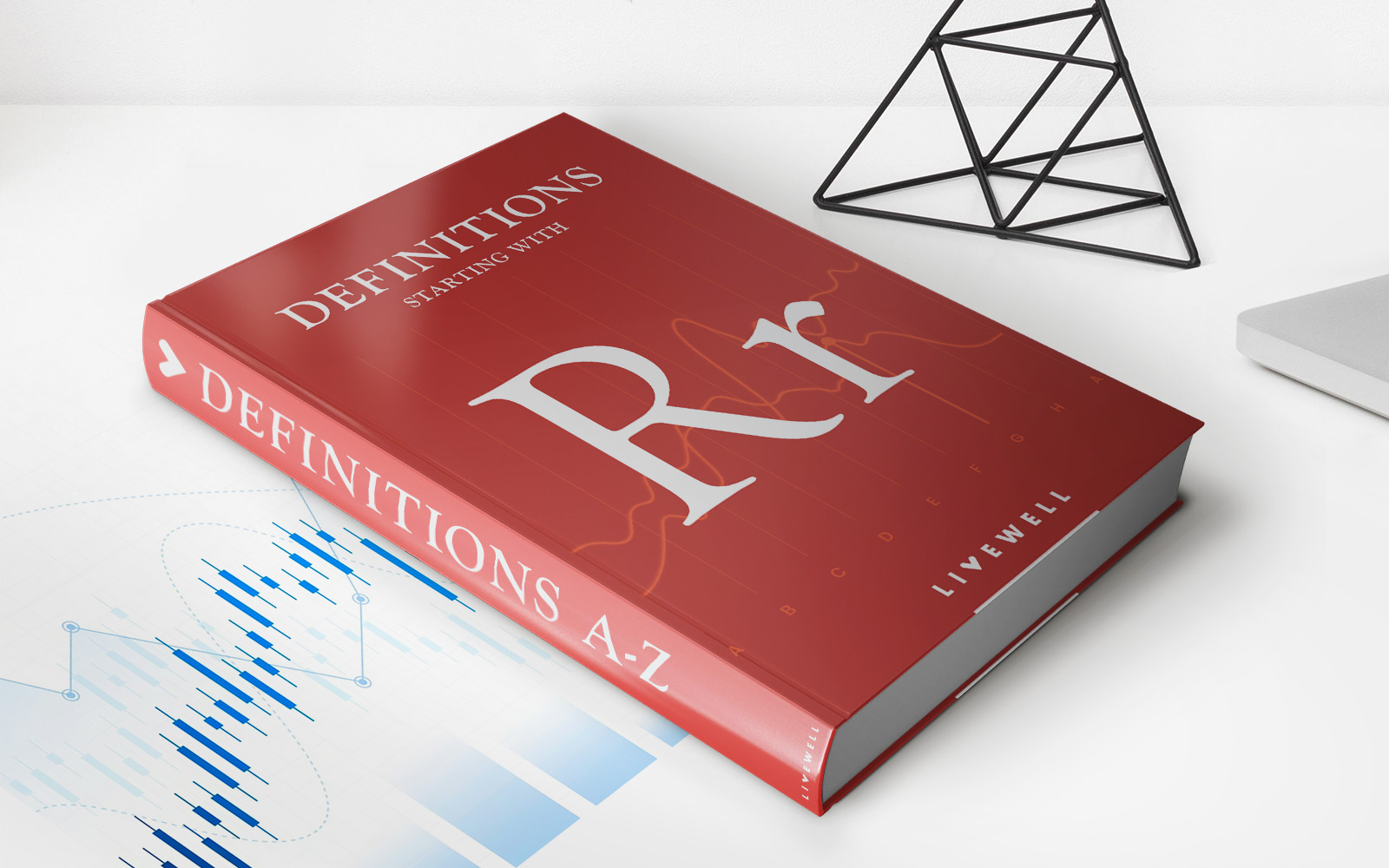

Finance
Defining An Incontestability Clause
Published: November 9, 2023
Understanding the Incontestability Clause in Finance: Learn how this provision protects policyholders and ensures the validity of financial agreements.
(Many of the links in this article redirect to a specific reviewed product. Your purchase of these products through affiliate links helps to generate commission for LiveWell, at no extra cost. Learn more)
Defining an Incontestability Clause: The Key to Financial Security
When it comes to financial planning, it’s crucial to have a clear understanding of the terms and conditions associated with your insurance policies. One such clause that often goes unnoticed but is of utmost importance is the incontestability clause. In this blog post, we will delve into the definition and significance of an incontestability clause, providing you with the knowledge you need to make informed decisions about your financial future.
Key Takeaways:
- An incontestability clause is a provision within an insurance policy that limits the insurer’s ability to contest the policy after a specific period.
- Understanding the terms and conditions of the incontestability clause can help you ensure the financial security of your loved ones in the event of your untimely demise.
What is an Incontestability Clause?
An incontestability clause is a safeguard embedded within an insurance policy that sets a time limit during which an insurer can contest the validity of the policy. This clause exists primarily to protect policyholders from the risk of having their coverage denied after an extended period of time or in certain circumstances.
But how exactly does an incontestability clause work? Let’s break it down into a few key points:
- Waiting Period: After purchasing an insurance policy, there is typically a waiting period, usually ranging from one to two years, before the incontestability clause comes into effect. During this period, the insurer has the right to investigate the policy and the information provided by the applicant.
- Limits on Contestability: Once the waiting period is over, the incontestability clause limits the insurer’s ability to challenge or contest the policy’s validity. In other words, the insurer cannot void the policy or deny a claim based on information provided by the insured unless it was proven fraudulent. This provision offers policyholders peace of mind and financial security.
- Fraudulent Misrepresentations: While the incontestability clause prevents the insurer from contesting the policy based on innocent misrepresentations, it does not protect policyholders who intentionally provide false or misleading information. In cases of proven fraud, the insurer may take appropriate legal action, including voiding the policy.
It’s important to note that the incontestability clause applies to various types of insurance policies, including life insurance, health insurance, and even annuities. Therefore, it is crucial to review your policies carefully and seek professional advice to fully understand the specifics of the incontestability clause relevant to your situation.
The Significance of the Incontestability Clause
The incontestability clause holds significant value for policyholders and their beneficiaries. Here are two key reasons why understanding this clause is crucial:
- Ensuring Financial Security: By providing a time limit on the insurer’s ability to contest the policy, the incontestability clause offers peace of mind and financial security to policyholders and their loved ones. Once the waiting period has elapsed, the likelihood of your coverage being denied significantly decreases, even if the insurer discovers unintentional misrepresentations.
- Evaluating Insurer Credibility: The presence of an incontestability clause in an insurance policy serves as a reflection of the insurer’s confidence in the accuracy of the information provided by the policyholder. It demonstrates that the insurer accepts a certain amount of risk and acknowledges their obligation to fulfill the policy’s terms.
Therefore, when considering insurance policies, it is crucial to review and understand the incontestability clause. By doing so, you can protect yourself, your loved ones, and your financial future.
Remember, every insurance policy is unique, and the exact terms of the incontestability clause may vary. To gain a comprehensive understanding of your specific policy, it’s recommended to consult with a qualified insurance professional who can provide tailored advice based on your individual needs.
Don’t let the incontestability clause be an overlooked aspect of your financial planning. Take the time to educate yourself, ask the right questions, and secure your financial future with confidence!














